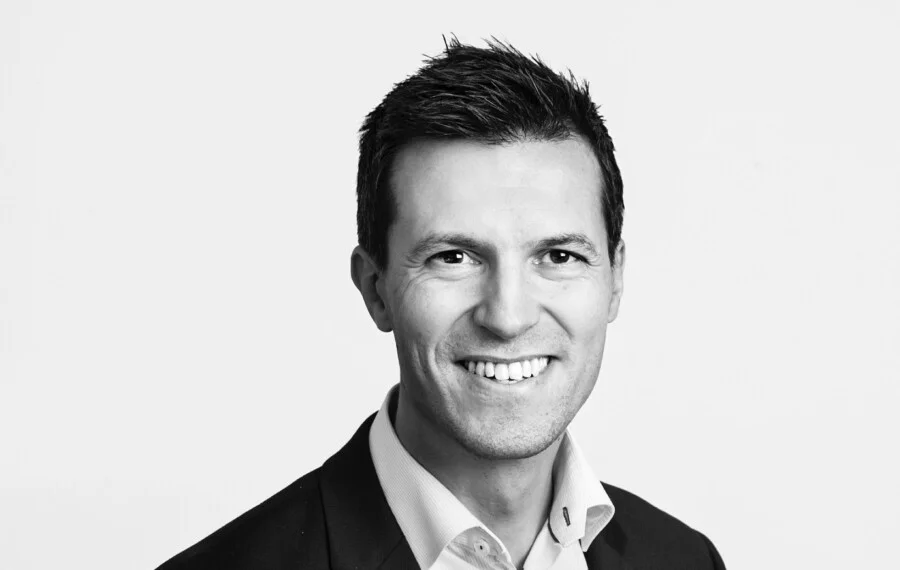
Ark, 2020-09-22
A current Situation with Fredrik Franzon
What is your perspective on the development in your industry?
BAUX operates in the global interior design industry and the reaction from the pandemic was instant and quite urgent. Many projects were put on hold and some were canceled immediately. The incoming request for new projects also went down quite drastically this spring.
It now appears that the initial shock to the system may have passed and we are gradually coming back on track. Luckily enough, BAUX customer group is fairly diversified. During the most challenging period in April to May, we received numerous orders from the educational sector that took the opportunity to enhance their sound environments while pupils were home from schools.
“Best case scenario is a “V” recovery, i.e. sharp decline and quick bounce back”
The office sector has been more uncertain, but some of our major customers within tech such as Amazon and Netflix have continued their investments as planned.
Perhaps the most burning question on everyone’s mind is now, “when will things get back to normal?” Best case scenario is a “V” recovery, i.e. sharp decline and quick bounce back. However it’s important to remember that our industry lags. It takes a long time from project start to completion, and it’s even more lagging in this case with a phased “back to work” scenario. As a result, the design industry’s recovery is more likely to go slowly up in the beginning and peak very fast later on. The interior design business is a discretionary item, something that could easily be put on hold, but as soon as there is some certainty (e.g. a vaccine), things will start to recover. Hopefully, there will be a surge in purchasing once the economy is back. A lot of the purchases are pending confirmation and as the world moves into a post-covid state we believe that most of these orders will happen.
What good can come out of this? What mindset should we adopt?
Covid-19 has had an impact on every industry across the globe and the interior design industry is not an exception. The way we design, the materials used, and how we furnish spaces will definitely be altered.
Offices will probably evolve to become more intentional, meaning that some of the heads-down work will happen at home and the physical workplace becomes more of a place to connect with others. As a result we will see an increased need for flexible social spaces, study areas, amenities, conference rooms and sanctuary-like spaces.
Focus on employee well-being and corporate responsibility will become increasingly important. Solutions that are environmentally friendly and long-lasting with an emphasis on responsible consumerism will therefore gain higher attention from interior designers and end customers.
“in challenging times, peoples creativity and ideas peak”
As a result, sustainable materials, soundproofing, soft values and well being will be emphasized. Our love for the environment will not only be within the materials we choose as building blocks, but also nature as such will play a bigger role than ever before. Bringing the outside indoors, larger windows with views outside, using colors and materials that reflect the natural world and a general mindset of “nature first”. We know from history that in challenging times, people’s creativity and ideas peak to find new innovative solutions. Therefore, post-Covid will hopefully be the shock treatment the world needs to reimagine old ways and create a better, more sustainable tomorrow.
